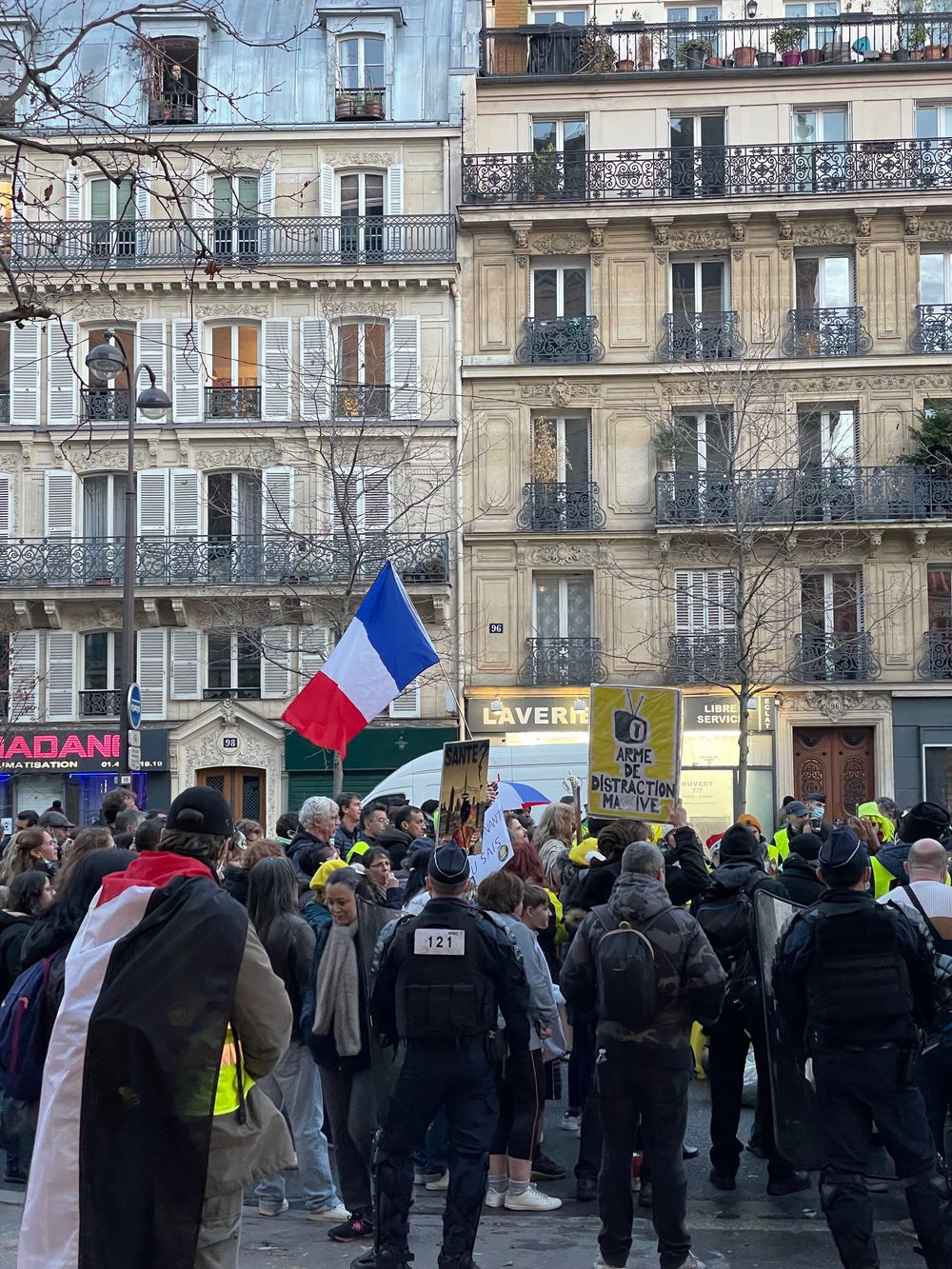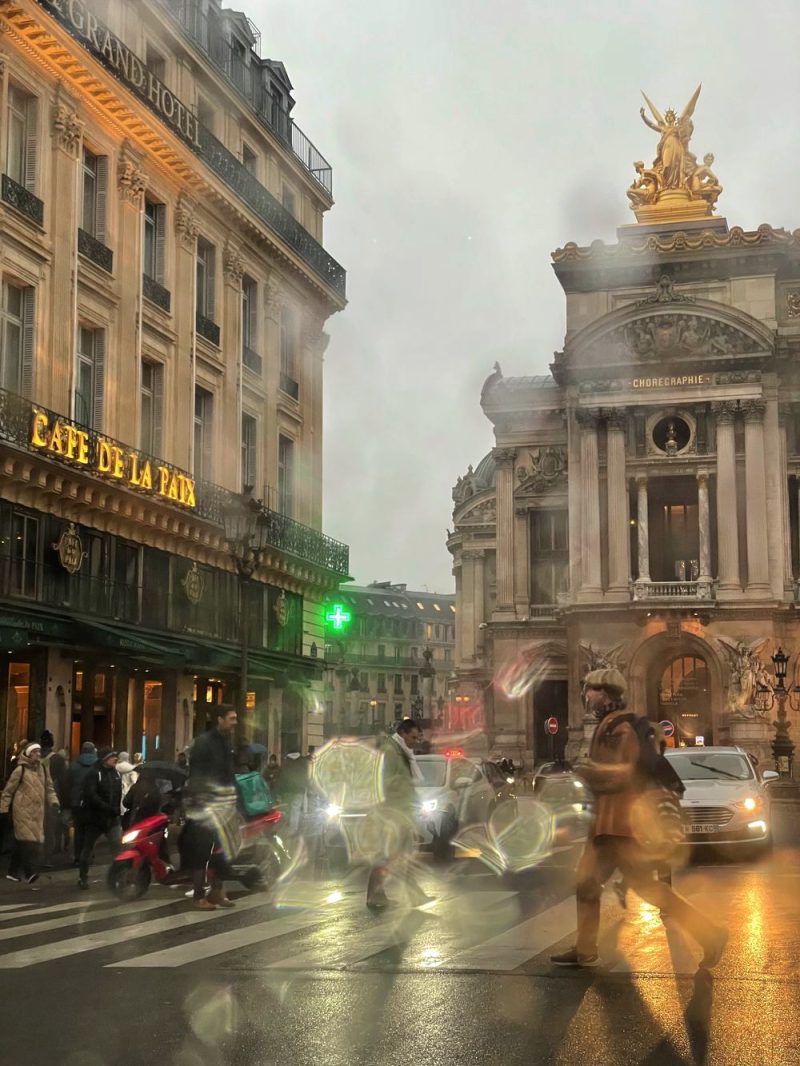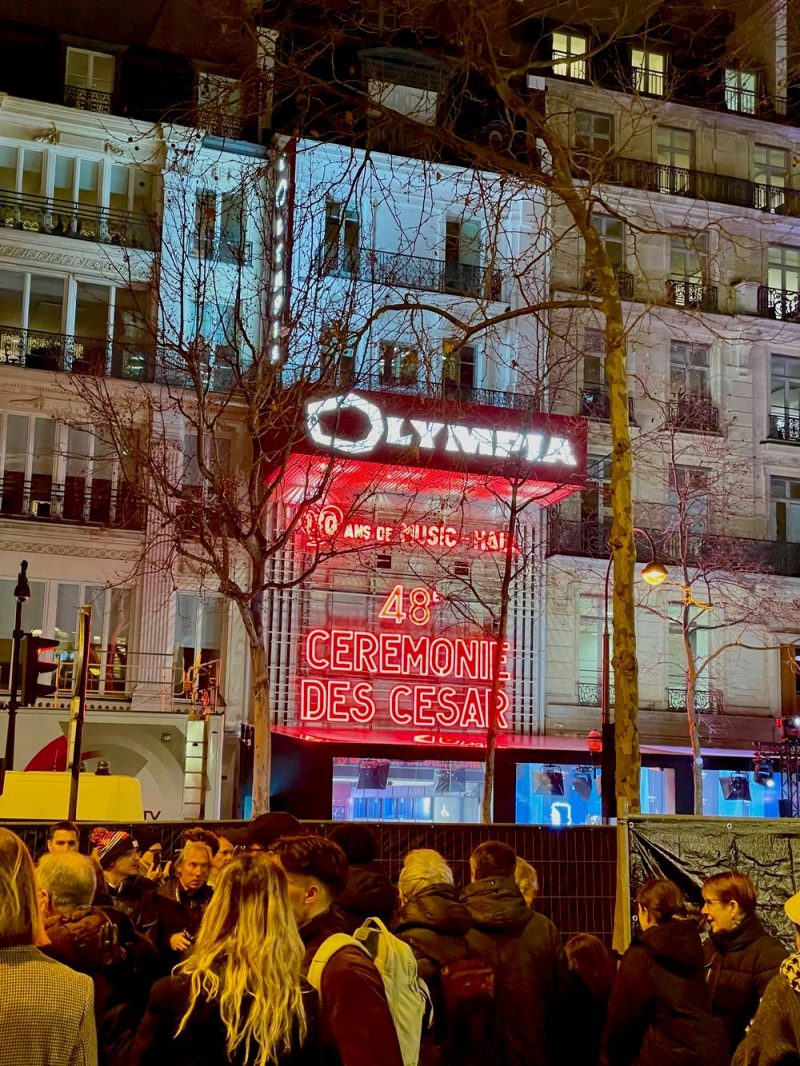French Protests: Why ‘Manifestation’ Culture is So Strong in France
Culture Travel may earn a commission through links on this website. As an Amazon Associate, we earn from qualifying purchases.
If there’s one thing that France is known for around the world – it’s protesting. The art of la manifestation and les grèves has been perfected over the centuries by the French. Here’s a look at this distinctly French pastime.
History of Protesting in France
Forms of social unrest and protests have been occurring in the region that is now France for centuries, dating back to the Middle Ages and even earlier. One significant early instance of organized protest in French history is the Jacquerie revolt in 1358.
The Jacquerie was a popular uprising of peasants in northern France in the 14th century, during the Hundred Years’ War. The peasants, burdened by taxation and angered by the nobility’s inability to protect them from widespread famine and war, rose up against their feudal lords. The revolt was characterized by a series of violent actions and rebellions against the nobility.
It was eventually suppressed by the nobility, but it remains a significant instance of early mass protest in French history, demonstrating the deep-seated tradition of protest and rebellion in the country’s sociopolitical fabric.
French Revolution
The biggest protest of them all was none other than the French Revolution. The French Revolution, which took place from 1789 to 1799, significantly influenced France’s contemporary culture of protest.
It primarily began due to a widespread financial crisis, exacerbated by France’s involvement in expensive wars and the extravagant spending of the royal court. Simultaneously, the nation was facing serious social inequality and discontent, with the common people burdened by heavy taxes and food scarcity while the nobility enjoyed privileges.
This dissatisfaction erupted in 1789, ignited by the influence of Enlightenment ideas promoting liberty, equality, and fraternity, ultimately leading to a revolt against the established monarchical and feudal systems.
This pivotal event in history set a precedent for questioning authority and advocating for societal change. The revolution embodied the spirit of fraternity, liberty, and equality, concepts that have permeated the French psyche and have become fundamental values in the nation.
The French Revolution brought about the establishment of secularism, or laïcité, in French society. This has translated into a contemporary culture that frequently challenges religious and traditional influences on the state. Protests, therefore, often also serve as a means to safeguard the secular nature of the French republic.
Today, the culture of protest in France often manifests as public demonstrations and strikes, reflecting the revolutionary fervor of the past. The French are known for their willingness to take to the streets to voice their concerns and demand changes.
This tradition can be traced to the revolutionary period when the masses mobilized to challenge the existing social, economic, and political orders. The revolution instilled a collective consciousness that emphasizes solidarité, or solidarity, where the public unites to address grievances.
The French Revolution ingrained a deep-seated belief in the power of protest in French society. It fostered a culture that advocate for change through public rallies and other forms of protest.
Why the French Protest So Much Today
The frequency and scale of protests in France is no doubt attributed to the country’s sociopolitical landscape. France has a long history of political activism and public protest, with the populace voicing their demands and showing disapproval towards government policies. This culture is deeply rooted in the new principles of liberty, equality, and fraternity, which are foundational to the current French Republic.
Recently, Macron’s government’s introduction of new laws and retirement reforms has been met with opposition from both young and old members of society. Labor laws, pension reforms, or governmental responses to crises have all been protested by French people at one point or another. Different groups, including labor unions, student organizations, and others, often organize protests to express their views and seek changes to these policies.
Socioeconomic disparities, perceived erosion of rights, and concerns about economic and job security are frequently cited grievances that fuel discontent among the masses. These protests often aim to bring attention to these issues and pressure the government to take corrective actions.
In light of these factors, it is important to stay updated with the latest news and reports to understand the specific reasons behind any ongoing protests in France, as the context and issues can vary between different movements.
Difference Between Manifestation and Grèves in France
In France, the terms “manifestation” and “grève” refer to forms of public demonstrations or actions used to express collective grievances or demands.
A “manifestation” is a protest or a demonstration. It generally involves people gathering and marching together to voice their opposition to or support particular policies, decisions, or social issues. These gatherings include acts like displaying banners, chanting slogans, and sometimes engaging in acts of civil disobedience. The goal of a manifestation is to publicly express opinions, raise awareness about specific issues, and potentially influence public opinion or governmental policies.
On the other hand, a “grève” refers to a strike. In this context, workers collectively refuse to perform their duties as a form of protest against conditions they find unsatisfactory. This could relate to wages, working conditions, or other employment-related matters. Strikes are typically organized by labor unions and aim to exert pressure on employers to negotiate and meet the demands of the workers.
Both manifestations and grèves are tools used by the French populace to assert their rights and express their concerns in the public sphere, often seeking to bring about changes in policies or societal norms. They represent the tradition of public protest that is deeply ingrained in French culture.






